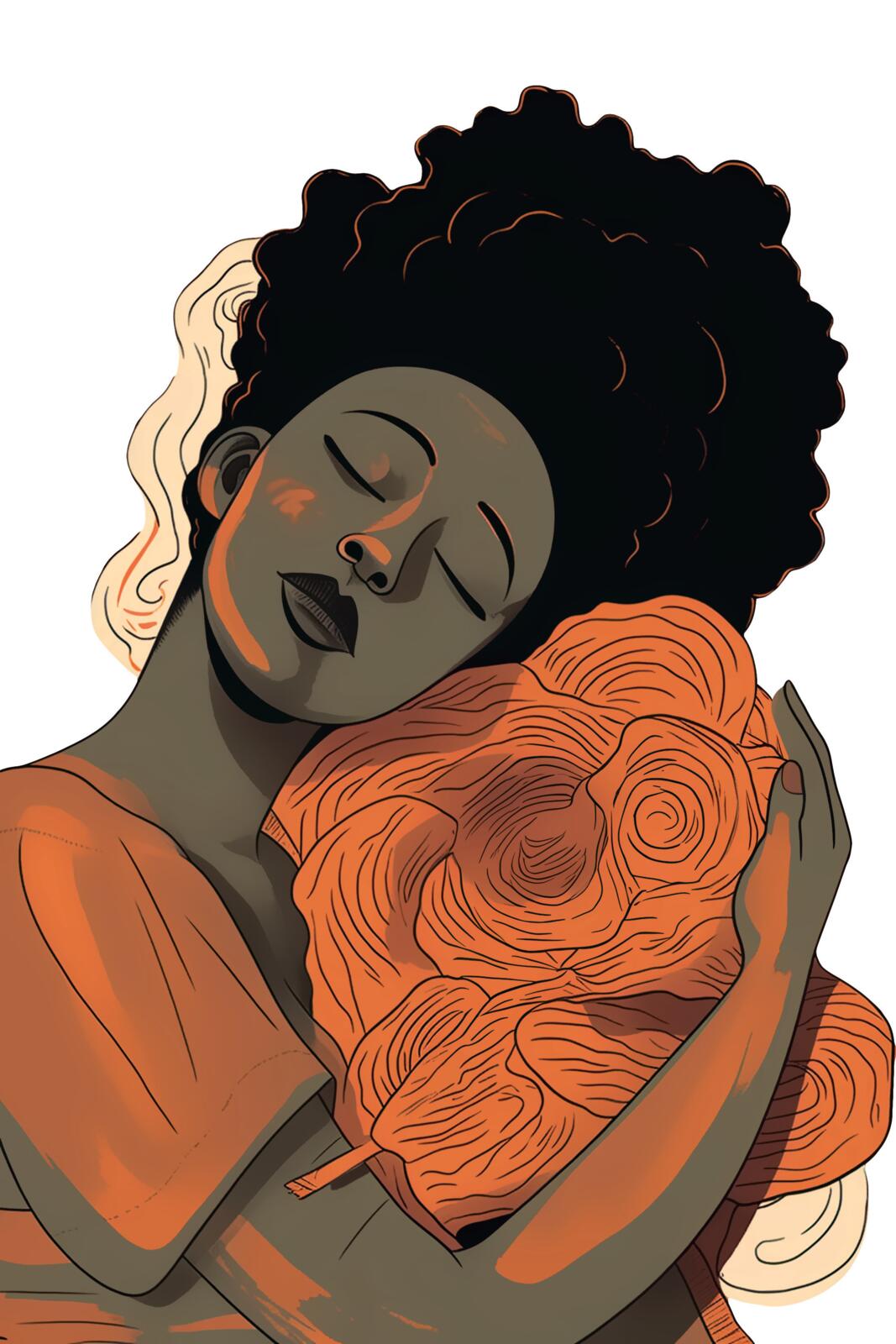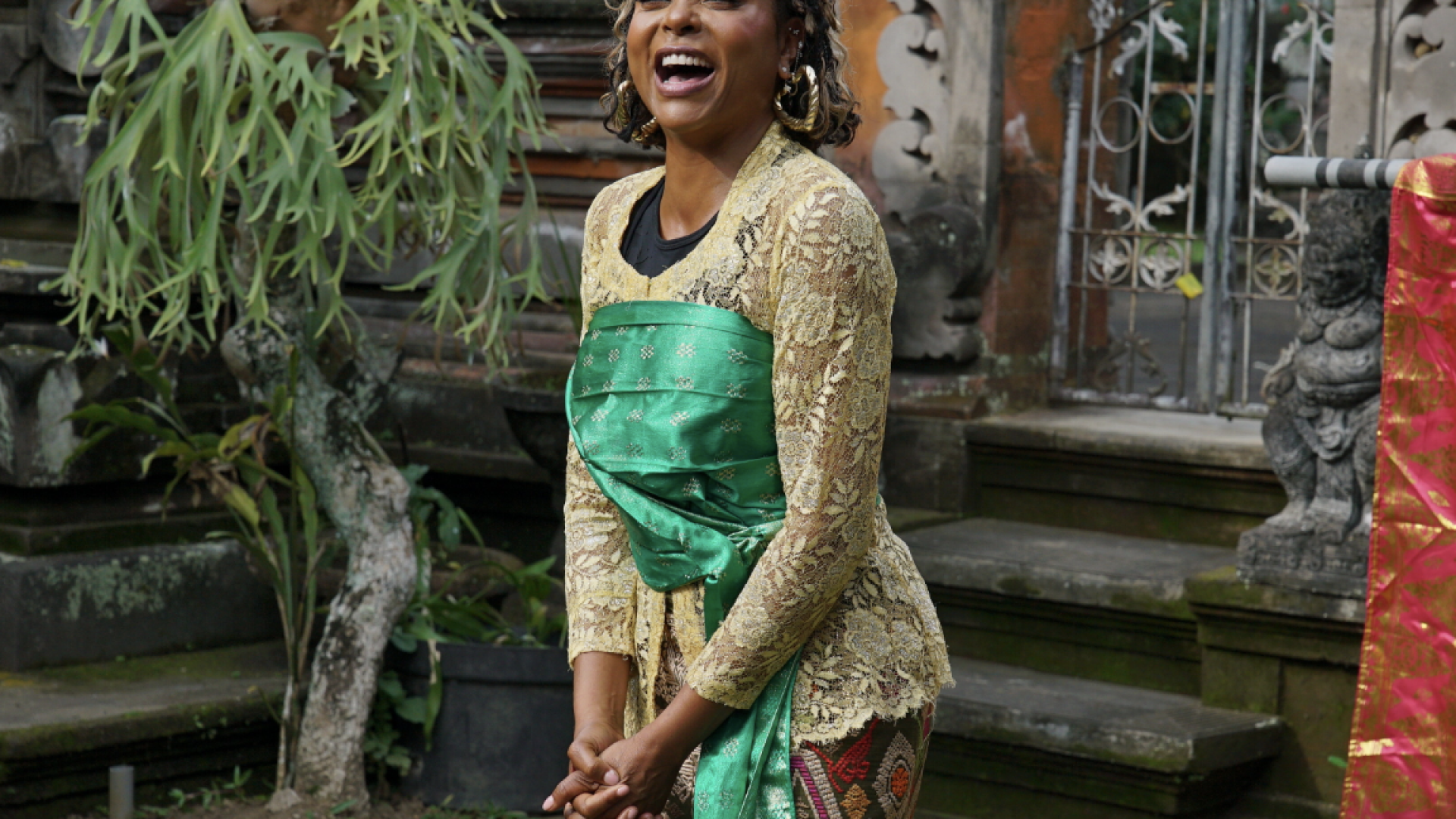
Of all the trends that TikTok has brought us, from dance challenges to beauty regimens, perhaps the most useful content featured on the platform has been the collection of hashtags centered around wellness. During 2023, influencers on the app offered many brand-new as well as tried-and-true ways to get more rest, be more mindful and combat loneliness. The following strategies—from wellness sabbaticals to bed rotting—helped to put outdated grind culture on the back burner, in favor of achieving personal fulfillment instead.
Wellness Sabbaticals
Black women are traditionally overworked and underappreciated, so it’s no surprise that so many of us experience exhaustion. A 2022 study from Women’s Health Reports, titled “A Qualitative Assessment of Gender- and Race-Related Stress Among Black Women,” found that we record higher levels of psychological stress than our White counterparts and cite concerns for the safety of Black kids, leading our families and handling finances as top stressors. Some planned time away from the office or life’s many obligations may ease chronic stress. These sabbaticals involve doing nothing but intentional rest for one to two weeks, prioritizing the need to recharge and rejuvenate. Although a wellness sabbatical may be considered taboo in our community, Black women are slowly getting on board with the concept.
Jessica Clemons, M.D., a New York City–based, board-certified psychiatrist, believes wellness sabbaticals will help improve Black women’s overall physical and mental health, provide opportunities for clarity and self-discovery, and allow us to participate in changing the narrative of carrying the load so well. “Often, people lack daily practice to counterbalance stressors—such as regular exercise routines, delegating responsibilities to others, and other stress-reduction activities,” says Clemons. “Without this balance, people may experience mental illness and burnout. A wellness sabbatical could provide the time and space away from hectic activities like demanding jobs or never-ending responsibilities at home. Black women deserve a chance to hit a hard reset with a wellness sabbatical.”

Microjoys
When life feels overwhelming, unyielding, and chaotic, we can become too distracted to appreciate the simple pleasures. The concept of “microjoys,” developed by Cyndie Spiegel, author of Microjoys: Finding Hope (Especially) When Life Is Not Okay, allows us to shift our perspective, in order to find bliss in the little things. The practice focuses on the power of mindfulness and on how essential it is to be mentally and emotionally present, even amid the chaos. The goal is to recognize the simple moments that bring you happiness—like slipping your feet into your coziest slippers, sipping aromatic roasted coffee in the morning or returning to the peace of your carefully curated home each evening.
Sleepy Girl Mocktails
The TikTok video promoting this concoction has already garnered more than 111.1 million views. The mocktail—which includes magnesium, prebiotic soda and the critical ingredient, tart cherry juice—first became popular when wellness influencer Gracie Norton said she had the best sleep of her life after drinking it. Many were initially skeptical but changed course after getting a generous amount of rest from trying it.
Wellness Collectives
People crave connection—yet a 2021 Harvard study titled Loneliness in America: How the Pandemic Has Deepened an Epidemic of Loneliness and What We Can Do About It, found that the pandemic left us feeling more alone than ever. Fortunately, 2023 saw an uptick in social-wellness clubs dedicated to connecting others—and shone a spotlight on long-standing ones. Veteran Black-owned and women-led collectives, like Transparent Black Girl, Black Girls Breathing and Therapy for Black Girls, provide community support and resources for healing.
Touch Therapy
The same 2021 Harvard study indicated that 36 percent of all Americans—including almost two thirds of young adults, and half of all mothers of young children—feel profoundly alone. Their sense of isolation has only been worsened by touch starvation, because of social distancing during the pandemic. When we don’t receive enough physical contact, we can become stressed, anxious or depressed. As a response, our bodies produce the hormone cortisol, which can cause our heart rate, blood pressure, muscle tension and breathing rate to increase.
Clinical solutions such as touch therapy can offer some relief, says Chantée Dardaine, M.A., registered psychotherapist and founder of SelfCareTO in Ontario, Canada. The practice involves using touch to reduce stress, relieve pain and improve overall well-being. “Touch therapy is a hands-on approach to help regulate, relax and restore the body to activate healing,” Dardaine explains. “Touch therapy boosts our feeling of connection, not only with others but also within ourselves. This therapy can help individuals who have experienced trauma, anxiety, depression and other mental health concerns.”
Bed Rotting
Millennials, GenZers and Zillennials alike are ditching the hustle mentality for a mindset of radical rest, which can mean doing next to nothing. The term “bed rotting” has been used to describe occasional rest that involves lying or sleeping in bed for hours to practice self-care. While some glue themselves to phones, others deepen their creativity via coloring books, reading or snoozing. While classifying it as “rotting” is dramatic, the purpose of the practice is clear: to be at ease.












